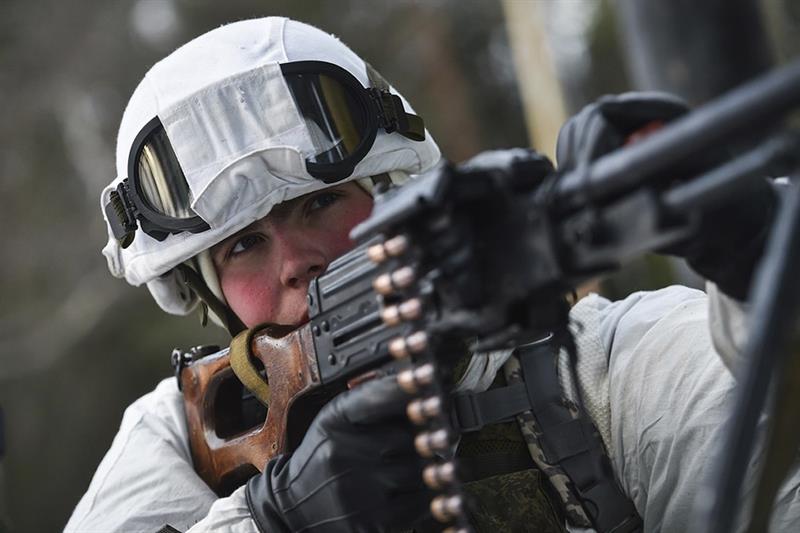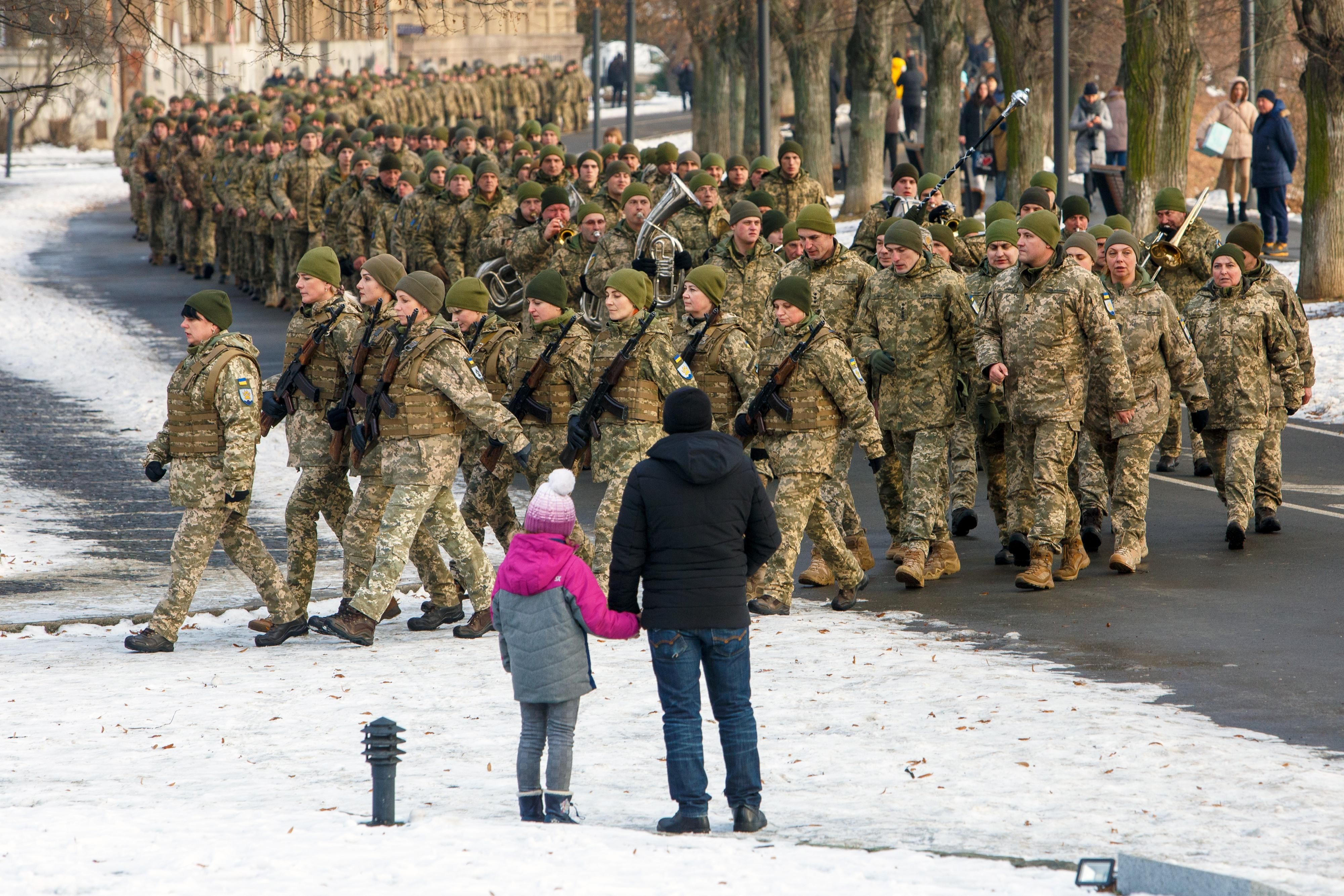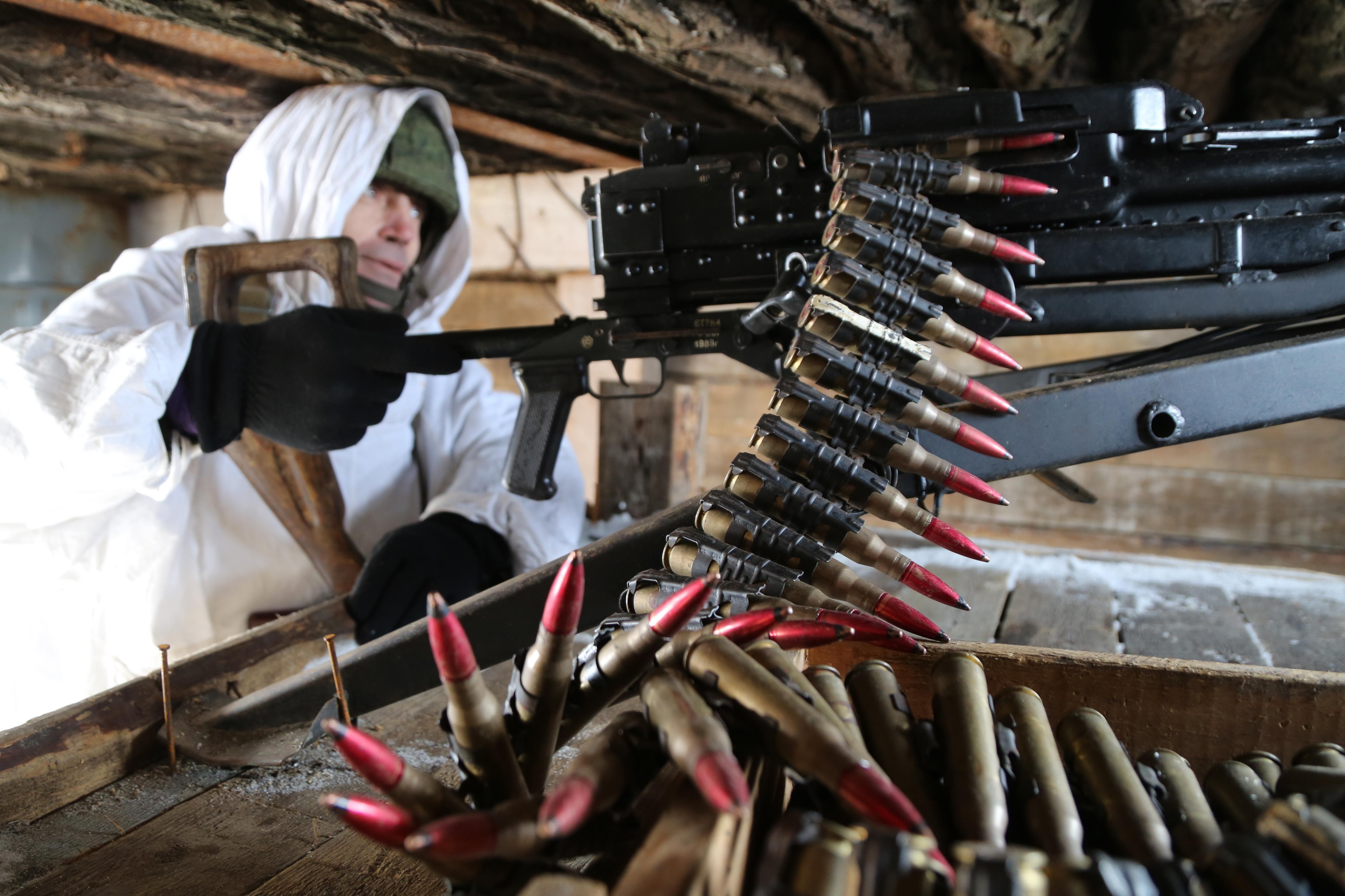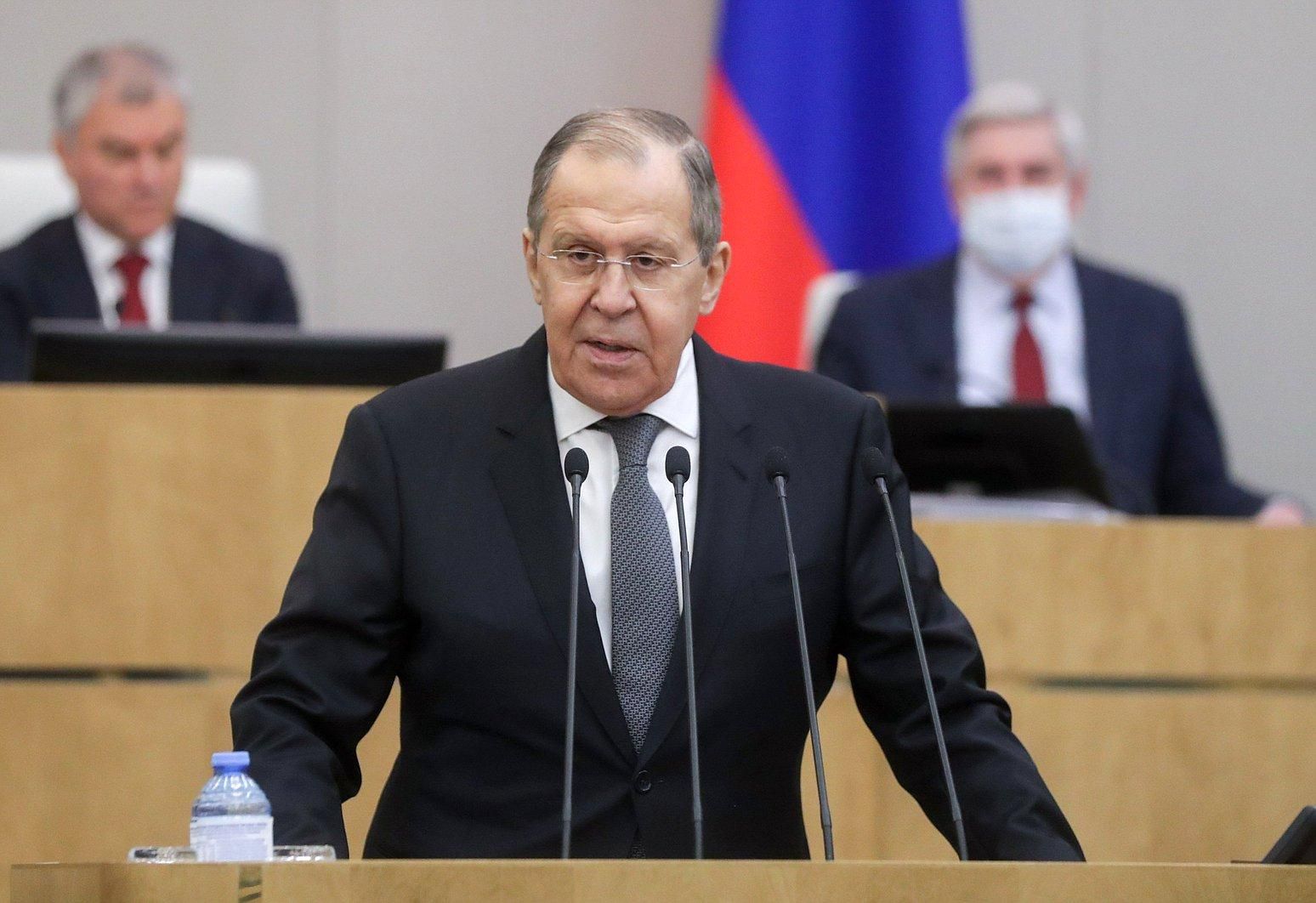The Aegean origin and early history of the Greek doctrines of reincarnation and immortality of the soul: Epimenides, Pherecydes, Pythagoras, and Onomacritus' Orphica
[published version, January 2022.
NB: photos of graffiti at the end of pdf file]
2022, Myth, ritual and literature
Top 4%156 ViewsPaperRank: 4.572 Pages
1 File ▾
A.V.Lebedev, The Aegean origin and early history of the Greek doctrines of reincarnation and immortality of the soul (Epimenides, Pherecydes, Pythagoras, and Onomacritus’ Orphica), in: J.V.Ivanova, N.B.Bogdanovich (edd.). Myth, Ritual, Literature. National Research University “Higher School of Economics”, Institute of Classical Orient and Antiquity, HSE Publishing House, Moscow, 2022 (series “Orientalia et Classica”, Edito-in-chief I.S.Smirnov), pp. 240-301. Миф, ритуал, литература. / отв. ред. Ю.В. Иванова, сост. Н.Б. Богданович ; Нац. исслед. ун-т «Высшая школа экономики», Ин-т классического Востока и античности. — М. : Изд. дом Высшей школы экономики, 2022. (Orientalia et Classica. / гл. ред. И. С. Смирнов), с. 240-301. NB! In the published version page numbering has been changed. NB! Pictures with fig.1-3 in the published volume are insets with no page numbers. In the present pdf file they are attached at the end. In the section (1) a new reading and interpretation of the so-called ‘Orphic’ graffiti from Olbia is proposed on the base of superior quality photographs of the plates than the 1978 photo in the editio princeps, on which virtually all existing literature is based. Relying on Vinogradov’s 1997 photo, I read and interpret the bottom line of the recto of OF 463 as follows: Διο[νύσωι] Ὀρφικῶ[ι] λ̅ (scil. τριακάδι θύειν vel εὔχεσθαι) – “Sacrifice (or pray) to Dionysos Orphikos on the thirtieth day”. Dionysos Orphikos is Dionysos of Orpheus’ Theogony, the son of Persephone, as distinguished from the traditional Dionysos, the son of Semele. Dionysos Orphikos permanently dwells in Hades, as was clearly seen by Philodemus. The bone tablets are neither dedications to Dionysus, nor secret ‘tokens’ of the initiated members of an Orphic thiasos. They are the oldest example of fortune-telling cards (ἀγυρτικοὶ πίνακες), typologically comparable to Tarot cards and Chinese inscriptions on oracular bones, and are based on the principles of Greek cleromancy (astragalomancy), since their triadic structure (number - prophecy – name of the god to whom one should pray) coincides with that of the cleromantic oracles from Asia Minor of the 2nd and 3rd centuries A.D. published by Nollé. The owner of the plates was most likely “Pharnabazos, the soothsayer of Hermes”, known from another graffito from Olbia of the same period, since it was Hermes who was considered the patron of popular dice divination. The drawings on the plates are associated with the symbolism of the Orphic myth of sparagm
Idealism (Mentalism) in Early Greek Metaphysics and Philosophical Theology: Pythagoras, Parmenides, Heraclitus, Xenophanes and others. With some remarks on the "Gigantomachia over being" in Plato's Sophistes (2019).
2019, Indo-European linguistics and classical philology
3755 ViewsPaperRank: 1.058 Pages
1 File ▾
Abstract and table of contents (1) Preliminary criticism of the presuppositions of the denial of existence of idealism in early Greek thought: pseudohistorical evolutionism, Platonocentrism that ignores the archaic features of Plato’s metaphysics and psychology, and the modern stereotype of «Presocratics» as physicalists, a product of the late 19th century (excessive) positivist reaction against Hegelianism and German idealism in the English-speaking historiography of Greek phiosophy. p.653 (2) Demiourgos and creationism in Pre-Platonic philosophy. Creation by divine mind is a form of objective idealism (mentalism). p,.658 (3) The thesis of Myles Burnyeat and Bernard Williams (no idealism in Greek philosophy) is criticised. We point to scholastic and ancient (Platonic) roots of Descartes’ substance dualism of body and mind, as well as to the even more ancient Pythagorean roots of Plato’s doctrine of immortal soul. p.661 (4) A provisional taxonomy of different types of idealism (mentalism) in ancient Greek philosophy is proposed. 11 types are distinguished. p.663 (5) The evidence of the Orphic-Pythagorean graffiti from Olbia on the early Pythagorean substance dualism of body and soul proves its Preplatonic origin. p.673 (6) Criticism of modern naturalistic interpretations of Pythagorean first principles peras and apeiron (Burkert, Huffman and others). Peras and apeiron (a geometrical analogue of later terms form and matter) are self-subsistent incorporeal mathematical essences, out of which physical bodies are «constructed» (ἁρμόζειν, another geometrical term for «construction») by the divine mind-demiourgos. P.674 (7) The identity of Being and Mind in Parmenides. A refutation of the grammatically impossible anti-idealist interpretation of fr. B 3 by Zeller, Burnet and their followers. Parmenides’ Kouros is a poetic image of Pythagoras as the originator of the Western Greek monotheistic theology of the noetic One, conceived as a Sphere of immutable thinking divine light (the conceptual metaphor of the Invisible Sun of Justice that «never sets»). p.675 (8) The psychological and ethical dimensions of the Eleatic doctrine of Being, almost totally neglected in the mainstream of the post-Burnetean literature. The Pythagorean doctrine of the indestructible soul serves as a practical tool of military psychological engineering: the education of fearless warriors. Strabo’s commonly neglected report on invincible Eleatic warriors, educated by Parmenides
Andrei Lebedev_The philosophy of Heraclitus. An outline. ("The Logos of Heraclitus", chapter V in English translation). Corrected version February 2020.pdf
Published 2014
3205 ViewsPaperRank: 4.357 Pages
1 File ▾
A summary of Heraclitus philosophy based on the new collection of fragments and a revised Greek text. Heraclitus' metaphysics and epistemology (theory of cosmic logos), philosophy of nature (cosmos abd fire), anthropology and ethics, psychology, political philosophy and theory of natural law, and philosophical theology are reconstructed on the basis of fresh textual evidence and systematic study of his metaphorical language.
Metaphor of Liber Naturae and Alphabet Analogy in Heraclitus' Logos-Fragments (with some remarks on Plato's "dream theory" and the origin of the concept of elements), Studia Praesocratica, v.8 (2017), 231-267.
1415 Views48 Pages
1 File ▾
Expanded version of paper delivered at the International conference "Heraklit von Ephesos und seine Zeit" (7-12 Oktober 2013, Selcuk Municipality, Turkey), in: „Heraklit im Kontext” hrsg. von Enrica Fantino, Ulrike Muss, Charlotte Schubert, Kurt Sier", Studia Praesocratica Bd. 8, De Gruyter, 2017, 231-267. A.Lebedev, Metaphor of Liber Naturae and Alphabet Analogy in Heraclitus' Logos-Fragments (Abstract) This article criticizes both the traditional metaphysical interpretation of Heraclitus’ notion of logos (logos as divine reason, universal law etc.) and the widespread verbalist interpretation (logos as the discource of Heraclitus humself). On the basis of the systematical study of Heraclitus’ metaphorical language a new interpretation is proposed that takes the phrase “this logos” in the beginning of Heraclitus’ book as a metaphor of “book of nature” with a referential meaning “Universe”. This interpretation was known in antiquity and is attested by a group of ancient sources including Plato (λόγος σημαίνει τὸ πᾶν) and the Stoic source of Philo Alexandrinus who ascribes to Heraclitus the notion of τὰ τῆς φύσεως γράμματα. The metaphor of book of nature is a part of a more complex metaphorical model based on the grammarical or alphabet analogy between speech or text (logos in grammatical sense) and the external world. In Greek grammar “logos” (both phonetic speech and written text) is analyzed into “syllables”, syllables into “letters”, stoicheia (later this term came to denote “elements”). In this analogy “letters” correspond to separate elementary opposites of the physical world, syllables to their combinations and “logos” to the total sum of all “syllables”, i.e. to the Universe. The metaphor of “book of nature” in Heraclitus has both epistemological-metaphysical, and ethical-political as well as a theological dimension. First of all its purpose is to explain the fundamental thesis of Heraclitus’ metaphysics about the identity of opposites and the unity of the cosmos: all visible phenomena (τὰ φανερά) without a single exception form pairs of opposites which should be “joined together” in thought, and the resultig “syllables” should be all incorporated into a single Logos which is the only true reality, τὸ ξυνόν. Reading the book of nature is like killing the lice: the more you “grap”, the less is left (against polymathia of the positive science of the Milesians). Wisdom consists in knowing all things as one (ἓν πάντα εἰδέναι keeping the MSS readi … View full abstract
The authorship of the Derveni Papyrus, a Sophistic treatise on the origin of religion and language: a case for Prodicus of Ceos (2019).
Published 2019
1671 Views122 Pages
1 File ▾
The Derveni Papyrus has been often misread and misunderstood for six main reasons. (1) First, because the papyrus was falsely labeled as ‘Orphic’ in the very first report. (2) Second, because another misleading label – ‘Presocratic’ – was soon after that attached to its author. (3) Third, because the rhetorical/grammatical terms of the Derveni author τὰ κοινά καὶ τὰ ἴδια (sc. ὀνόματα or ῥήματα) “common and peculiar names” that provide a clue for understanding his theory of language and the origin of religion have been misunderstood as alleged ‘echoes’ of Heraclitus’ own terminology. (4) Fourth, because of the failure to distinguish between two types of pantheism in early Greek thought, the naturalistic and the ethico-religious. (5) Fifth, because of the failure to distinguish between two types of allegoresis of myth: constructive (friendly and apologetical in purpose) and deconstructive (polemical or atheistic). (6) And, last but not least, the widespread (after Tsantsanoglou [1997]) misinterpretation of πάριμεν in PDerv., col. V as an alleged indication of the author’s religious profession. Mistake (1) is addressed in § (II), mistake (3) in § (IV), mistake (5) in § (II), mistake (6) in § (XI). The attribution of PDerv. to Prodicus of Ceos proposed in this article is based on verbal coincidences of peculiar phrases and terms in PDerv. and Prodicus’ fragments; Prodicus’ peculiar theory of the origin of the names of gods and religion from agriculture and other τέχναι ‘useful’ for human race is directly attested in PDerv.; there is also the evidence found in both Aristophanes and Themistius that Prodicus wrote an allegorical interpretation of the Orphic theogony. The demonstration of our thesis is presented in 11 sections (§) and three appendices (App.). After preliminary remarks on the necessary distinction of the two types of pantheism and allegoresis in Greek thought (§ [I]) we define in § (II) the literary genre, the general purpose, and the hermeneutical method of the Derveni treatise, and draw a preliminary intellectual portrait of its author describing his peculiar features, a kind of ‘composite image.’ In § (III), we argue for Prodicus as the author of PDerv. and present the 19 testimonia on which this attribution is based. These include both the verbatim quotations with Prodicus’ name that find an exact correspondence in the text of PDerv and the common peculiar features of language and style. In § (IV), we propose a reconstruction and interpretation of the text of col. IV that contains a quotation from Herac … View full abstract














